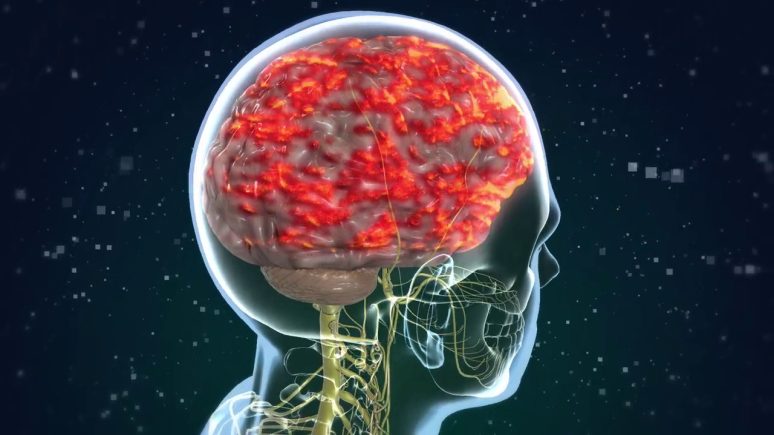What is Multiple Sclerosis?
Multiple Sclerosis is an ailment in which the protective cover surrounding the nerves, called the myelin sheath, is damaged by the body’s immune system. Damage to the myelin tissue interrupts the communication between the brain and the rest of the body. Some types of Multiple Sclerosis (MS) sometimes cause the destruction of the nerves themselves, which is irreversible.
Multiple Sclerosis causes a variety of conditions and symptoms. Some people experience periods of remission that last for long periods of time, while other people with MS lose their ability to walk. The severity of the condition and the symptoms Multiple Sclerosis causes depends on which nerves are affected and how much damage is caused.
Treatments are available that can help patients recover from attacks of the different types of Multiple Sclerosis and manage symptoms, but there is no cure for the disease.
Is there a cure for Multiple Sclerosis?


Click here to know more on FSD Pharma website.
Multiple Sclerosis causes
It is unknown what causes Multiple Sclerosis, but it is thought to be an autoimmune disorder. This means that its immune system attacks the body’s tissues. In Multiple Sclerosis, the immune system destroys the coating called myelin responsible for protecting the nerves of the spinal cord and brain. The myelin sheath is comparable to the insulation commonly found in the insulation coating on electrical wires.
When the myelin coating is damaged, the signals sent along the nerves can be interrupted or blocked. It is unclear why some people develop various types of Multiple Sclerosis and others do not. However, it is believed that a number of factors, such as infections occurring in childhood and genetics, may be partially responsible.
Multiple sclerosis risk factors
Certain factors are thought to elevate the risk of Multiple Sclerosis development. These include:
- Age: People of any age can develop Multiple Sclerosis, but people between 15 and 60 years old are most commonly affected by the disease.
- Sex: Multiple Sclerosis is twice as likely to develop in a woman than in a man.
- Family history: People who have a sibling or a parent with Multiple Sclerosis are at an increased risk of developing the disease.
- Certain infections: There have been several different viruses associated with MS. One of these is the virus that can cause infectious Mononucleosis, Epstein-Barr.
- Race: Caucasians, especially of Northern European descent, are at higher risk of Multiple Sclerosis development. Those with the lowest risk include African, Native American, or Asian descent.
- Climate: Multiple Sclerosis is seen much more frequently in areas with a temperate climate. This includes the southeastern regions of Europe and Australia, New Zealand, the northern regions of the United States, and southern Canada.
- Certain autoimmune disorders: People with type 1 diabetes, inflammatory bowel disease, or thyroid disorders are at slightly increased risk of Multiple Sclerosis development.
- Smoking: Smokers who have one attack of symptoms that may be an onset of MS are more at risk than nonsmokers to have a second attack of symptoms that confirm a diagnosis of relapsing-remitting Multiple Sclerosis.
Prevalence
Worldwide, approximately 2.5 million people are affected by different types of Multiple Sclerosis. In the United States, approximately 400,000 individuals are affected by the disease. Side effects of Multiple Sclerosis can begin at any age. However, signs usually start to show up in adults between the ages of 20 and 40 years old.
Although MS is more predominant in Caucasians than African Americans, the last testing seems to aggregate inability more rapidly, proposing more severe tissue damage in this populace. However, whether this adjusted rate speaks to an ecological impact, hereditary contrast, or other variables remains unknown.
Complications
Multiple Sclerosis (MS) is very unpredictable and may advance after some time. However, new medicines are showing signs of slowing down the infection. Its complications are not the same as Multiple Sclerosis symptoms. Manifestations can incorporate weakness, numbness, tingling, difficulty walking. Multiple Sclerosis may lead to:
- Muscle spasms and/or stiffness
- Bowel and bladder problems
- Paralysis, most often in the legs
- Sexual dysfunction
- Mood swings
- Depression
- Mental confusion or forgetfulness
- Epilepsy
Is there a cure for Multiple Sclerosis? Click here to know more on FSD Pharma website.
Click Here to read about Symptoms.
















Leave a Reply
You must be logged in to post a comment.